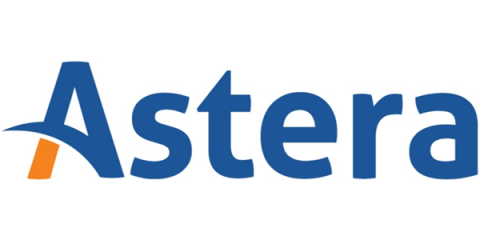What is Metadata Management? Benefits, Framework, Tools, Use Cases, Best Practices
Before shedding light on metadata management, it is crucial to understand what metadata is. Metadata refers to the information about your data. This data includes elements representing its context, content, and characteristics. It helps you discover, access, use, store, and retrieve your data, having a wide spread of variations. Metadata of an image. Image by Astera. Let’s look at some of the metadata types below.










